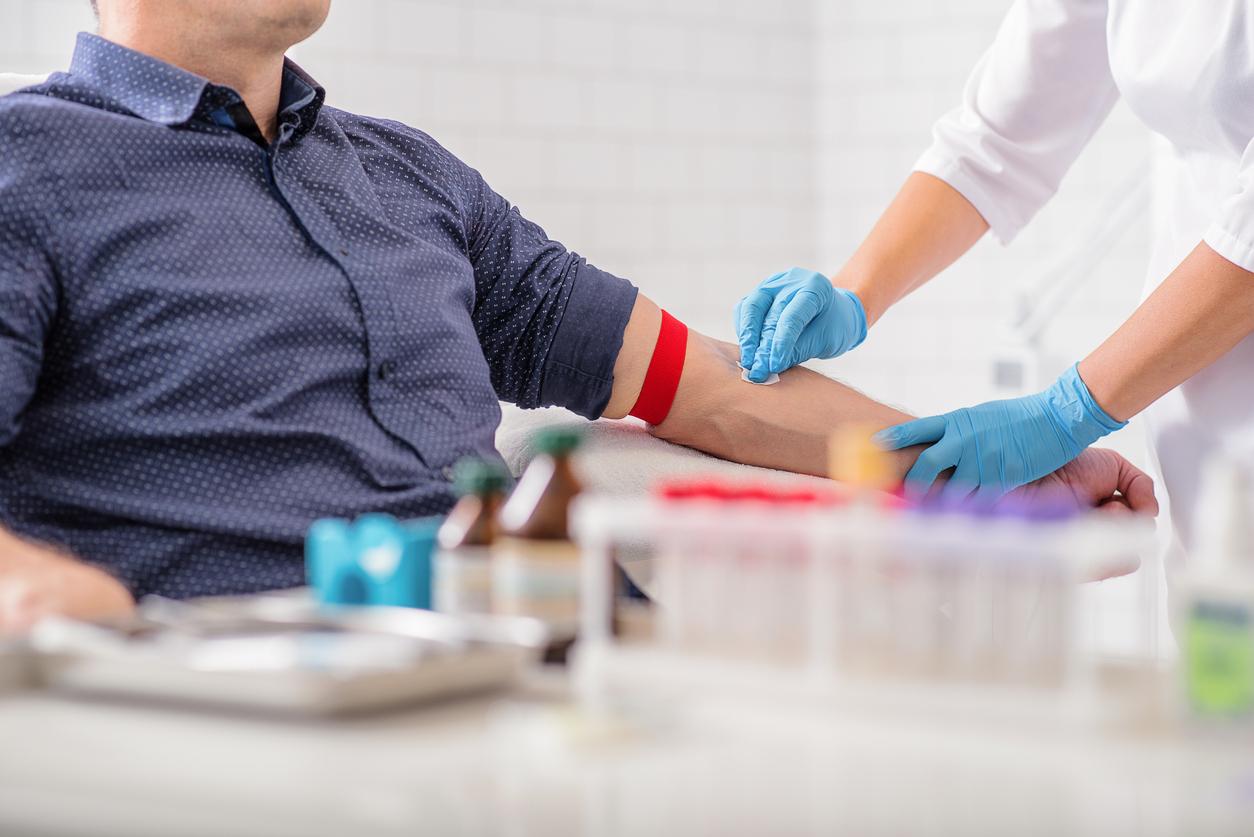
Routine Tests Part 2
Routine blood tests
Routine tests and monitoring are key to the day-to-day work of practice nurses and intrinsic to the management of long term conditions, health screening and promotion and the management of minor illnesses and injuries. It is therefore important that nurses maintain their practical and clinical skills to the highest standards.1 Venepuncture, otherwise known as phlebotomy, is one of the most commonly performed invasive procedures.2 The process involves inserting a needle into a vein to take a representative sample of the circulating blood, which is analysed for diagnostic, monitoring or screening purposes.
This resource, consisting of five assessment questions at basic level, tests your knowledge of the theory of, and best practice for, taking a blood sample. Complete the resource, including reading the featured articles and undertaking some or all of the suggested activities, to obtain a certificate for one hour of continuing professional development to include in your annual portfolio.
Aims and objectives
On completion of this resource, you should have an understanding of:
- The importance of informed patient consent
- Infection control relevant to venepuncture
- The importance of good preparation
- Correct processes of the procedure
- The adverse events that can arise and how to deal with them safely and effectively
References
1. Nursing and Midwifery Council. Code of professional conduct: standards for conduct, performance and ethics, 2008 http://www.nmc-uk.org/Documents/Standards/The-code-A4-20100406.pdf
2. Gabriel J. Venepuncture and cannulation: considering the ageing vein. British Journal of Nursing. 2012;21(Suppl 1):22-28
Practice Nurse featured articles
Practical Skills in Primary Care: Part 2 Stephanie Garner
Medico-legal issues: Gaining consent Diane Baylis, Medical Protection Society
Recommended reading
RCGP General Practice Foundation: General Practice Nurse Competencies
Education for Health courses
Essentials of Primary Care Nursing – 5 one day workshops
http://www.educationforhealth.org/shop.php/courses/75/essentials-of-primary-care-nursing
Related modules
View all Modules